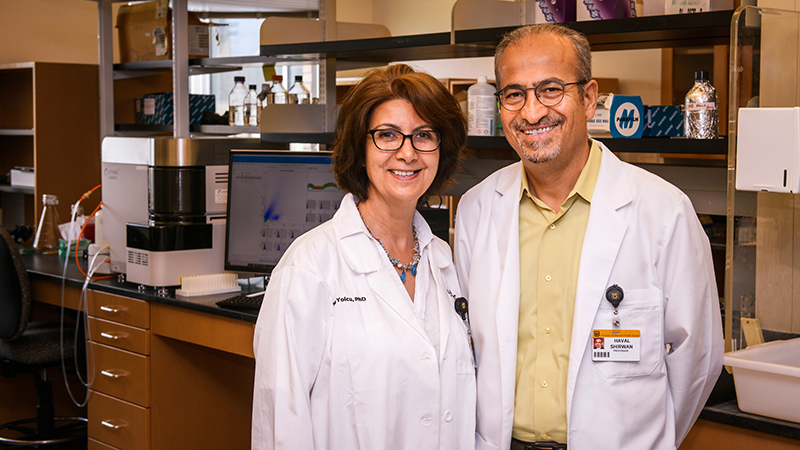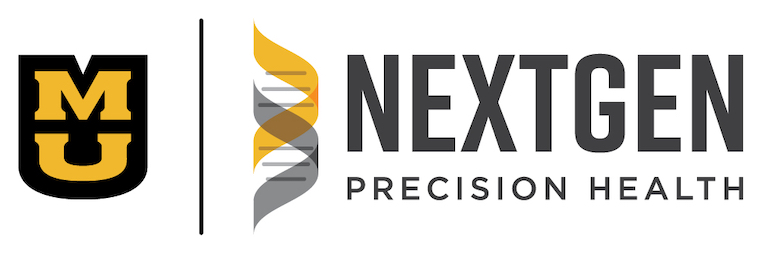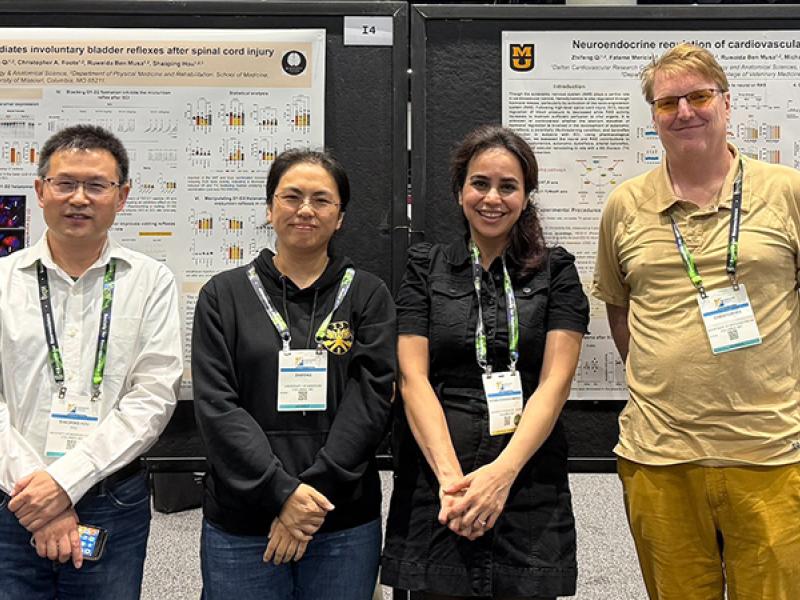
The Juvenile Diabetes Research Fund (JDRF) has issued a grant to Massachusetts General Hospital in Boston to lead a collaborative research study with scientists from the University of Missouri School of Medicine and Georgia Institute of Technology to help develop and test a product designed to prevent Type 1 diabetes patients from rejecting insulin-producing cells transplanted from another person’s pancreas — a potentially life-changing treatment for millions who require several insulin injections daily.
Pancreatic islet transplantation is an experimental treatment for Type 1 diabetes in which surgeons transplant clusters of pancreas cells from a deceased donor into a vein that carries blood to the liver of a person with Type 1 diabetes. The cell clusters then make and release insulin in the recipient’s body, potentially preventing the need for regular insulin injections. A major limitation of islet transplantation is the need for lifelong use of immunosuppressive drugs to control rejection. These drugs are not always effective in controlling rejection and also have significant adverse effects on the recipient.
MU School of Medicine researchers Haval Shirwan, PhD, and Esma Yolcu, PhD, both professors of Child Health and Molecular Microbiology and Immunology, are part of a multicenter grant to study a novel approach to control islet graft rejection without using immunosuppressive drugs. It uses hydrogel spheres to deliver two biologics — drugs that contain components of living organisms — to the islet graft site. Those proteins could prevent the body from rejecting the graft.
“This concept is designed to trick the immune system to see the transplanted islets as part of the body and to accept them without the need for immunosuppressive drugs,” Shirwan said. “Our role is to generate the recombinant proteins and use microgels for their delivery for initial proof-of-efficacy to control islet rejection in a mouse model as a prelude to translation to the clinic for the treatment of Type 1 diabetes.”
The nearly $570,000 grant funding over two years will be shared between MU, Massachusetts General Hospital, Harvard Medical School and Georgia Institute of Technology. Each institution will play a critical role in the development and testing of this new approach. Shirwan and Yolcu will work with Mark Poznansky, MD, PhD, director of the Vaccine and Immunotherapy Center at Massachusetts General Hospital, professor of medicine at Harvard Medical School and Andrés García , PhD, executive director, Parker H. Petit Institute for Bioengineering and Bioscience at the Georgia Institute of Technology.
“This broad collaborative team has extensive experience moving new technologies like this from proof-of-concept studies in mice to large animal models and ultimately into humans,” Yolcu said.
Shirwan and Yolcu are among the first researchers who will move into the NextGen Precision Health building at the University of Missouri when it opens in October 2021. This initiative will expand collaboration in personalized health care and the translation of interdisciplinary research for the benefit of society. The NextGen Precision Health building at Mizzou anchors this statewide initiative, which aims to unite government and industry leaders with innovators from across the system’s four research universities in pursuit of life-changing precision health advancements. The University of Missouri System’s bold NextGen initiative highlights the promise of personalized health care and the impact of large-scale interdisciplinary collaboration.
Article Spotlight

The precision medicine research conducted at the MU School of Medicine is part of NextGen Precision Health, an initiative to expand collaboration in personalized health care and the translation of interdisciplinary research for the benefit of society. The Roy Blunt NextGen Precision Health building at Mizzou anchors this statewide initiative, which aims to unite government and industry leaders with innovators from across the system’s four research universities in pursuit of life-changing precision health advancements. The University of Missouri System’s bold NextGen initiative highlights the promise of personalized health care and the impact of large-scale interdisciplinary collaboration.





